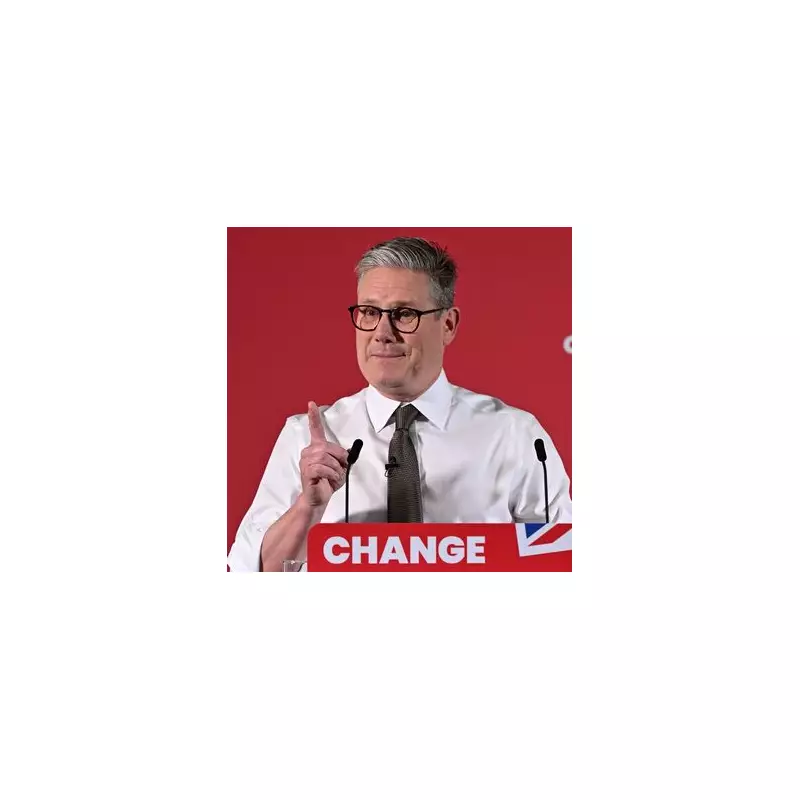
The political temperature soared to new heights as Labour leader Sir Keir Starmer and Reform UK's Nigel Farage faced off in a highly anticipated BBC debate, setting the stage for one of the most electrifying political confrontations of the election campaign.
The two heavyweights of British politics clashed fiercely over immigration, the legacy of Brexit, and their vastly different visions for the country's future. The debate, moderated by Mishal Husain, saw both leaders trading verbal blows in a session that was as much about political theatre as it was about policy.
Immigration Takes Centre Stage
The issue of immigration dominated the exchanges, with Farage defending his controversial claim that Starmer had "no passion" for controlling Britain's borders. The Reform UK leader doubled down on his party's hardline stance, while Starmer countered with Labour's plan to tackle the small boats crisis and clear the asylum backlog.
Starmer fired back at Farage, accusing him of being a "political narcissist" who had "exploited people's fears" about immigration for years without ever taking responsibility for solving the problem. The Labour leader emphasised his practical approach to border security while distancing himself from what he called "inflammatory rhetoric."
Brexit Legacy Divides Leaders
The debate also reignited tensions over Brexit, with Farage portraying himself as the architect of Britain's departure from the EU while challenging Starmer's previous support for a second referendum. Starmer defended his position, arguing for making Brexit work rather than re-fighting old battles.
Political analysts are calling this confrontation a defining moment in the election campaign, representing the clash between the established political centre and the insurgent populist right. With both leaders performing for their respective bases, the debate offered voters a stark choice between two competing ideologies.
Audience Reaction and Political Fallout
The studio audience watched intently as the two leaders sparred, with reactions suggesting both men found support for their contrasting approaches. The debate is expected to influence undecided voters in key constituencies where Reform UK is challenging both Labour and the Conservatives.
As the election campaign enters its final crucial weeks, this headline-making confrontation has set the tone for what promises to be a bitterly contested fight for Britain's political future. The performance of both leaders under pressure may well determine the outcome on July 4th.





